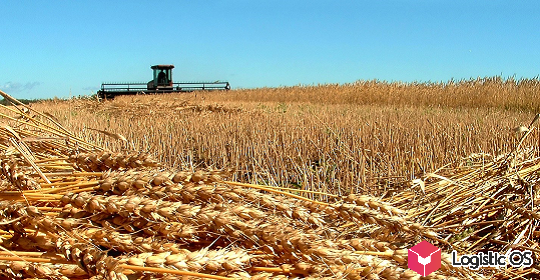Farmers are sounding the alarm: they say, if nothing is done, the inevitable rise in prices for grain — and therefore for all bakery products.
In particular, the agrarians of the Stavropol Territory express strong concern about the rise in fertilizer prices, who have already sent a letter on this topic to the presidential envoy.
The crux of the matter is simple: in March 2021, a ton of ammophos cost 24,000 rubles. This is 60% more than in March 2020.
In this regard, farmers propose to fix the maximum cost of fertilizers at the level of + 10% by June last year.
In fact, they want the price to be reduced by several tens of percent in a couple of weeks. But no response has yet been received from the plenipotentiary.
What happens if fertilizer prices are not held back?
Nothing good is planned. Sowing of winter crops, in particular wheat, is not far off.
Each hectare requires a centner of ammophos. And it has risen in price over the past 12 months from 25 rubles per kg to 50 rubles.
In this regard, many farmers will inevitably choose one of two scenarios:
— Decrease in planted area (decrease in harvest in 2022).
— Reduced fertilizer consumption (also reduced crop in 2022).
And further along the chain: a lack of grain — a sharp increase in its value — a rise in the price of bread — a decrease in exports …
To prevent the next year’s harvest from falling, the agrarians of the Stavropol Territory (and they grow about 4% of Russian grain) need at least 4 billion rubles. But they don’t know where to get them.
What are fertilizer producers saying?
The Russian Association of Fertilizer Producers assures that they are doing everything possible to keep the lowest prices for the domestic consumer. But how can they not increase the cost of fertilizers if:
— Ammonia has doubled in price over the past year.
— Sulfur 2.5 times.
— Fuel oil 1.5 times.
Fertilizer prices follow component prices, while grain prices follow fertilizer prices.
The FAS stated that it sees no reason to interfere: the rise in fertilizer prices does not exceed 5% per month (which is exactly 60% per year).
One way or another, it is not yet clear what the farmers should do in the current situation.
And if the government does not offer some kind of plan in the near future, then a decrease in the harvest next year is almost inevitable.

